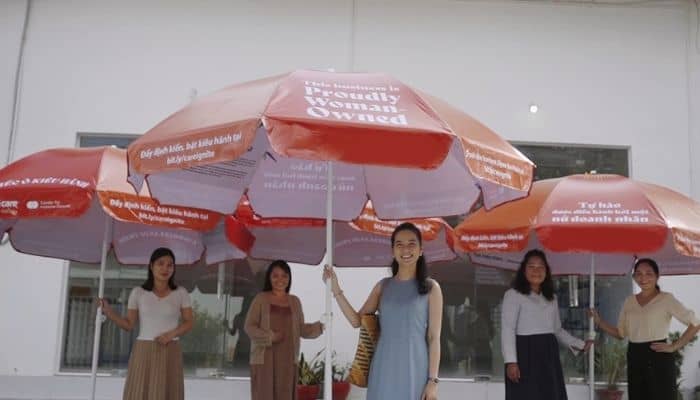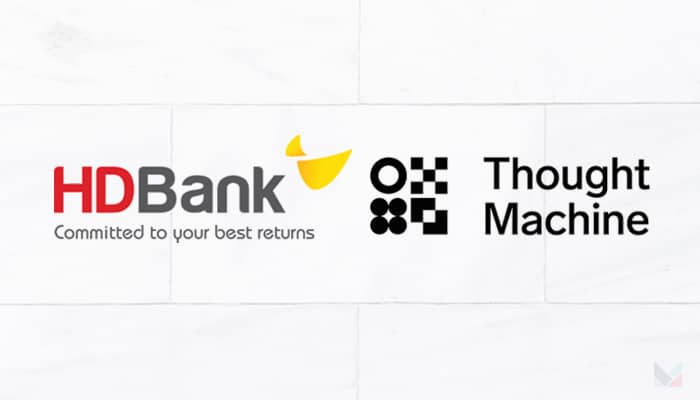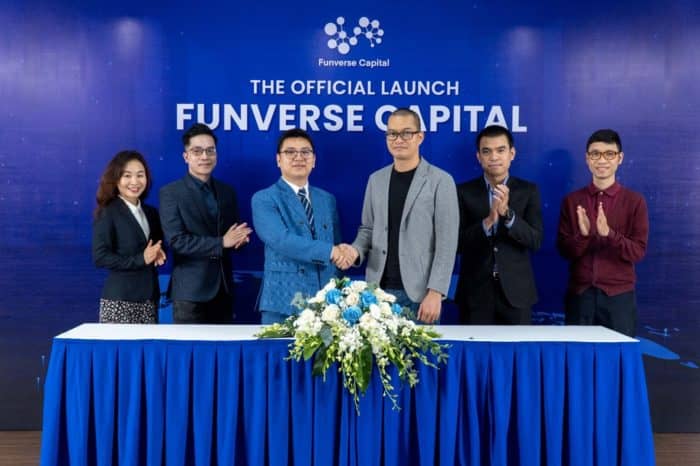Ho Chi Minh, Vietnam – To highlight the success stories of the growing number of female entrepreneurs in Vietnam, global finance company Mastercard and humanitarian organisation CARE Vietnam has unveiled its initiative to spotlight the stories of these female entrepreneurs: all through umbrellas.
The initiative, known as ‘Umbrellas of Pride’, has each umbrella telling the story of the woman behind the business, and informing readers of the support, tools, and training that the CARE Ignite program can provide for them thanks to their women’s economic empowerment partnership with the Mastercard Centre for Inclusive Growth.
For Le Kim Dung, country director for CARE in Vietnam, the ‘Umbrellas of Pride’ are an ingenious way to lift fellow women up.
“Fear of failure is the number one barrier among female entrepreneurs in Vietnam – by celebrating and displaying success stories that women can identify with so clearly in the open, we hope to inspire a whole new wave of female entrepreneurship,” Dung said.
The umbrellas are gifted to the female business owners already enrolled in the CARE Ignite program. Each business owner becomes an Ignite ambassador, helping build a network of support and mentorship.
Furthermore, the initiative also highlights access to resources and support provided by the CARE Ignite Program for women in Vietnam, namely providing financial support, skills training, education, and a vast network of experienced entrepreneurs and mentors, made possible through the partnership with Mastercard.
For Winnie Wong, country manager for Vietnam, Laos and Cambodia and Mastercard, their company is honoured to be part of the campaign that acknowledges the strength, perseverance and success of women entrepreneurs – a vital initiative in creating an equal world post-COVID.
“The pandemic has set back recent gains made towards women empowerment, and there is a high risk of women getting left behind. Mastercard is committed to creating an inclusive world that works for everyone, especially women. Women-owned businesses are the heartbeat of every economy and are critical to boosting recovery efforts in Vietnam,” Wong said.

















